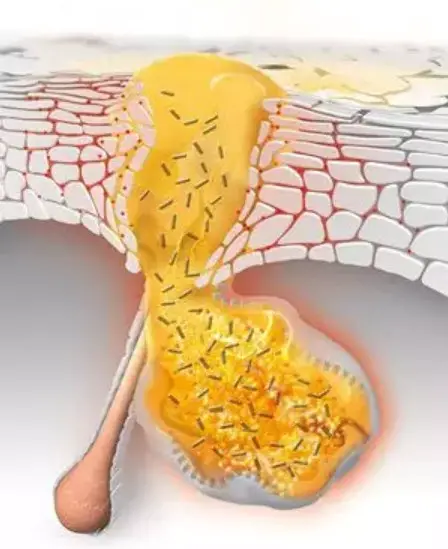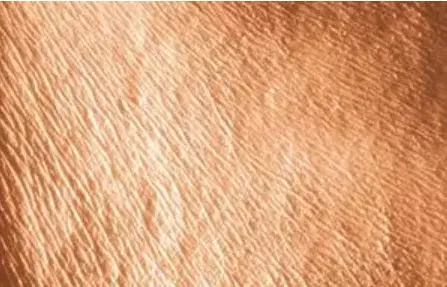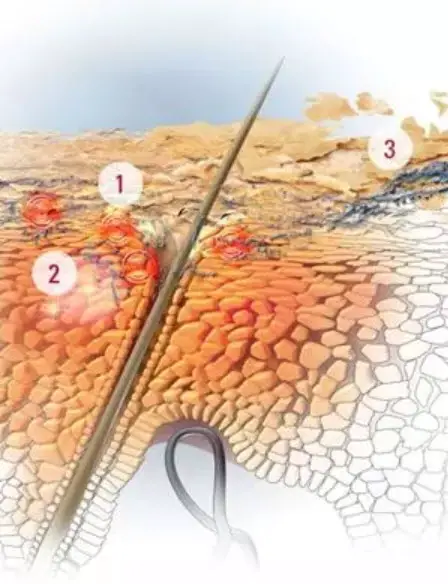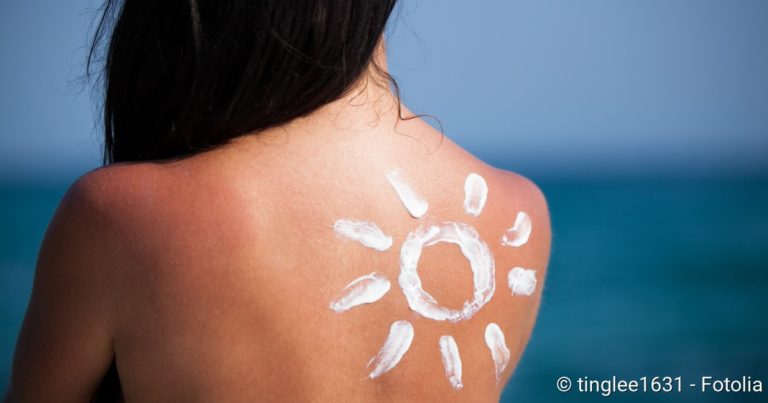Dry and itchy scalp
Dry and itchy scalp
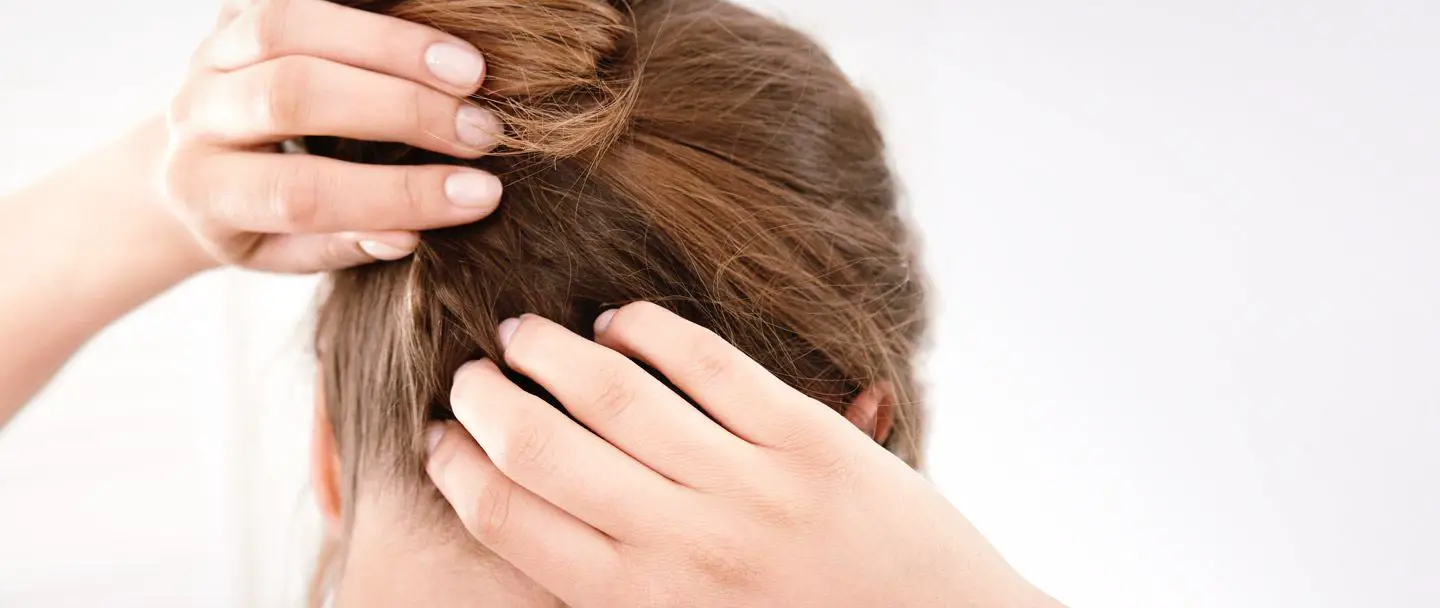
If the natural moisture balance of the scalp is disturbed, this can lead to dry, itchy scalp. The permeable skin barrier allows harmful substances to penetrate the skin and trigger micro-inflammations of the scalp. Micro-inflammations can cause various symptoms such as itching, redness or a feeling of tension. These symptoms can be easily relieved by a regular care routine. Eucerin DermoCapillaire Urea Scalp Soothing Shampoo and Eucerin DermoCapillaire Urea Scalp Soothing Intensive Tonic soothe itching, calm the scalp and improve its moisture supply.
What is dry and itchy scalp?
Dry, itchy scalp can cause considerable discomfort, a significant amount of suffering and lead to irritation or inflammation. The causes of dry and itchy scalp are manifold, there can be internal and external triggers. Understanding these is the first step towards improving and stabilizing the condition of the scalp.
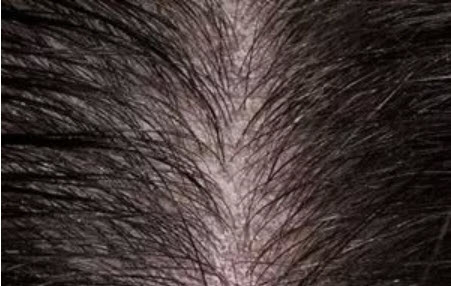
The main causes of dry and itchy scalp
Internal influences that can lead to dry and itchy scalp are:
- Skin diseases such as neurodermatitis or psoriasis
- Ageing – the older a person gets, the drier his skin becomes
- physical or emotional stress
- genetic factors
- hormonal changes
External influences that can lead to dry and itchy scalp are
- Temperature changes or change of seasons
- Lifestyle factors such as malnutrition or smoking
- certain drugs
- Pollution
- Shampoos, soaps or hair treatments
When the scalp’s natural moisture is lost, the skin barrier can become permeable. This allows harmful substances to penetrate the skin and cause micro-inflammation of the scalp. Micro-inflammations can cause various symptoms such as itching, redness or a feeling of tension.
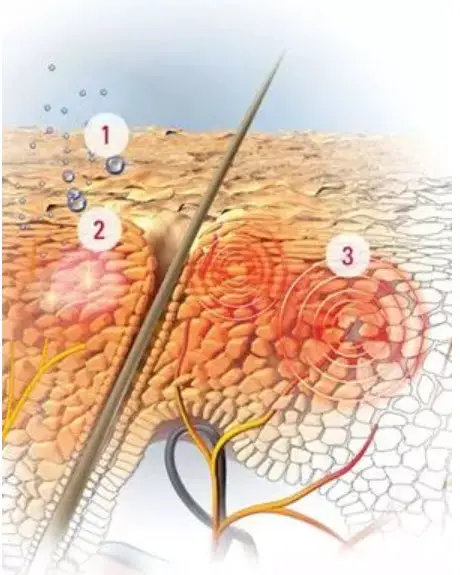
What are micro-inflammations? Micro-inflammations are inflammations of the scalp not visible to the naked eye. On closer examination of these skin areas, the Eucerin researchers have come across a significant discovery. They found immune cells and elevated inflammatory mediators, indicating that defensive reactions take place here. If existing causes for this process are not eliminated, the persistence of the micro-inflammations can cause the symptoms to change into a “visible” inflammation.
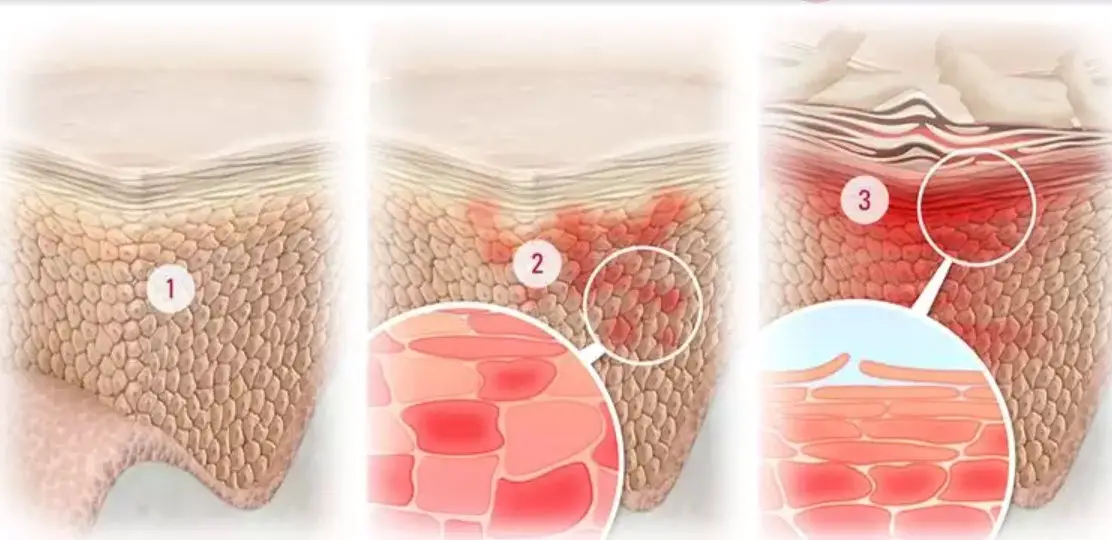
Common misconceptions
There are some home remedies up to foot spray that are supposed to help against dry and itchy scalp. However, there is no evidence of the effectiveness of these home remedies.
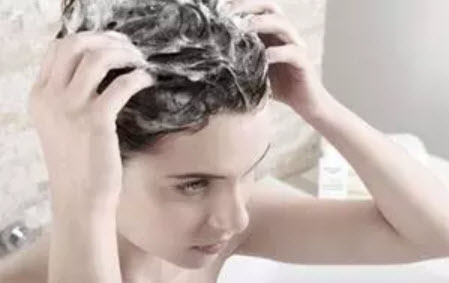
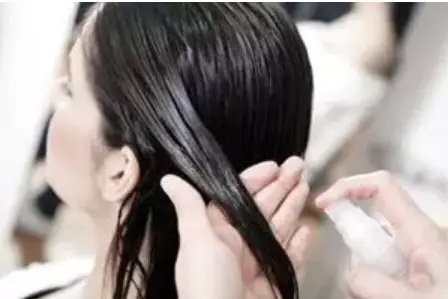
Dry and itchy scalp: Your problem?
You could suffer from dry, itchy scalp if..
You could be suffering from a different scalp problem if…
…you scratch your head a lot: Some sufferers even report scratching themselves in their sleep.
…you have recently been exposed to one or more of the above influences: Especially if the symptoms appeared shortly after.
…you notice white flakes or yellow scales on your scalp and in your hair: you may have dandruff or seborrheic dermatitis.
…you have red, scaly, silvery, shiny spots on your skin: You may be affected by psoriasis.
You should consult your family doctor or dermatologist if you are concerned about your symptoms, if the symptoms are severe, or if your scalp becomes inflamed, weeping or sore.
